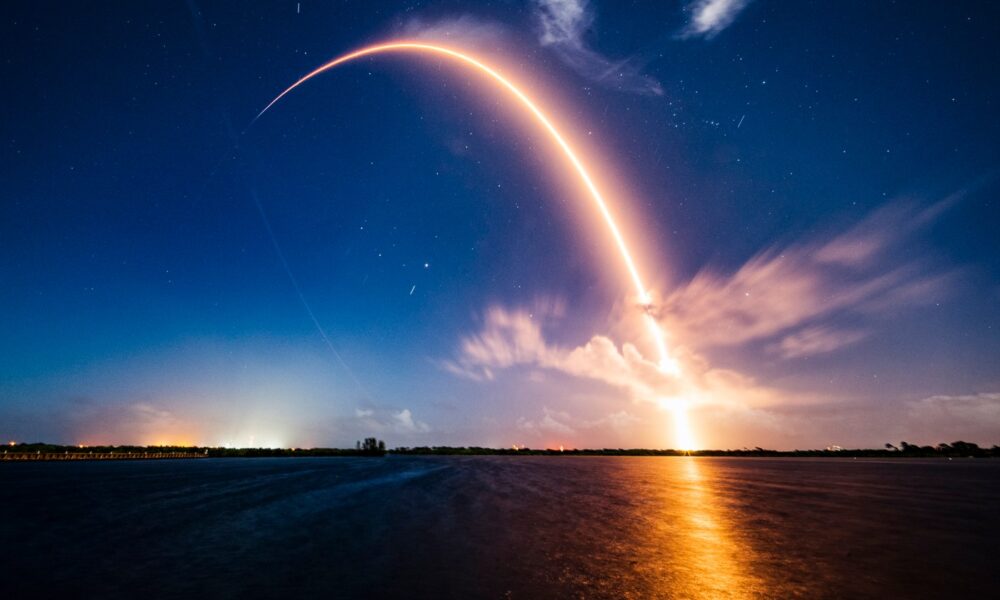URGENT UPDATE: The United States faces a critical turning point in the space race, as China accelerates its ambitious space initiatives while U.S. leadership appears fragmented. With the absence of a coherent strategy, China is set to take the lead in establishing itself as the dominant space power, raising alarms about America’s future economic and national security.
During Space Week, from October 4-10, 2023, the federal government experienced a shutdown, symbolizing a lack of direction in U.S. space policy. Meanwhile, China is making significant strides, including the deployment of an AI-driven “supercomputing” satellite constellation and plans with Russia to build a Lunar nuclear power plant to support the International Lunar Research Station (ILRS).
Dr. Namrata Goswami, a noted expert on China’s space ambitions, highlights the Chinese Communist Party’s strategic focus on reusable rockets and lunar industrialization as key factors that could enable China to outpace the United States. SpaceX, the private space company led by billionaire Elon Musk, currently outperforms every other entity in the space sector. However, analysts warn that the U.S. must act quickly, as China could match this output within a few years.
In recent years, China has launched a series of successful space missions, including in-space refueling and the construction of its own crewed space station. Notably, China has also completed a lunar mission that returned samples from the far side of the moon—an achievement the U.S. has yet to replicate.
The implications of a dominant Chinese presence in space are staggering. Analysts raise urgent questions: What if an adversary were to disable a U.S. satellite? How would America respond to the deployment of anti-satellite weapons? The U.S. currently lacks a comprehensive crisis management strategy for these scenarios, leaving it vulnerable.
Additionally, China’s focus on energy innovation, particularly in space-based solar power, could revolutionize energy production. As global attention turns toward renewable energy, China’s potential to beam electricity from orbit could fuel its planned $10 trillion Earth-Moon economic zone, giving it a commanding position in future energy markets.
The race for lunar resources is equally critical. The moon’s polar regions contain vast amounts of Helium-3, essential for quantum computing and nuclear fusion, as well as ice deposits potentially usable for water and rocket fuel. The first country to establish a foothold in these regions will control a significant logistics hub in the solar system.
The future of commercial space travel also poses challenges. With the potential rise of space hotels and the increase in private space flight, accidents are inevitable. Yet, no federal agency, including NASA or the Space Force, currently has the authority or capability to conduct rescue missions in orbit.
While President Donald Trump recently signed an executive order to streamline launch licensing, experts agree that deregulation alone is insufficient. The U.S. requires a clear national vision and strategic investment in space to maintain its standing. Failure to do so could result in losing not only prestige but also economic power and control over global space governance.
As the landscape of space exploration shifts, the urgency for the U.S. to unite under a cohesive strategy has never been more apparent. The next Sputnik moment is on the horizon, and the stakes could not be higher. Will America rise to meet the challenge, or will it be caught off guard by China’s rapid advancements? The world is watching, and the clock is ticking.







